The Royal Commission into banking has been on everyone’s lips for months and the media conversations seemed to reach fever pitch last week when the final report was handed down by Kenneth Hayne to Government.
While the final report has been largely welcomed by key leaders in the property market, there are some significant proposed recommendations that will shake up the mortgage broker industry in particular. One of the other key questions many of our clients are asking is: “Is it going to become even harder to obtain a home loan as a result of the Royal Commission?”
The simple answer is no, however there is no doubt the world of lending has changed a lot in the last few years. Financial institutions have already undertaken significant tightening measures around the way they assess loan applications over the past 18 months, and the idea of responsible lending has been going through a process of redefinition (really since before 2017).
Prior to the Royal Commission, many used the Household Expenditure Measure (HEM) as a benchmark for assessing household spending compared to income. This is the same method used by the Australian Bureau of Statistics (ABS) and had until recent times, been broadly used within the financial industry as a tool to calculate serviceability or borrowing power of potential lenders.
When the Royal Commission started in March 2018, many banks came under fire for not doing enough when checking people’s viability for finance; instead relying heavily on the HEM. First we saw ANZ under the spotlight, and many of the other big banks followed shortly after. This scrutiny and increased pressure has led most banks to tighten their assessment of loan serviceability and borrowing power. Most banks have been broadening their use of the HEM index to favour a more detailed assessment of account transactions for at least twelve months or even earlier, in anticipation of the Royal Commission final report.
While the final report hasn’t recommended further tightening on the measures largely being adopted by most banks, it has called out the need for financial institutions to not rely onlyon the HEM or any one particular measure when assessing suitability and verification of borrower expenses.
The Royal Commission’s final report has applauded efforts by Commonwealth Bank, ANZ and Westpac to improve the verification of borrower expenses, including their practice of putting more checks in place.
Some in the industry now say that responsible lending in Australia has gone too far and that the banks have tightened up too much. AMP’s Chief Capital Economist, Shane Oliver was recently quoted in the Australian Financial Review saying he believes there will come a point down the track where it’s identified that lending has swung the pendulum too far the other way, and it will need to be loosened to open the economy back up.
Regardless of whether that is the case, what we do know for certain is that the world of banks handing out home loans with just a 5% deposit is definitely a thing of the past.
Many banks are now going so far as to review line by line account transactions to account for discretionary spending on things like takeaway food and ‘Afterpay’ shopping before provisioning loan approvals and expect to see a minimum 12 month period of regular saving deposits.
What does that mean for you? Well, if you’re looking to get a home loan now you will need to do more to demonstrate that you are being prudent and financially responsible with the money you earn, than you needed to in the past. This means showing the banks that you’re regularly saving, demonstrating a predictable and responsible spending cycle in your bank transactions, and minimising unnecessary discretionary spending. Avoiding convenience lines of shopping credit such as ‘Zip Pay’ and ‘Afterpay’ is also strongly recommended.
You will also need to boost your savings, and ideally save around 20% of the total expected purchase price of your house to avoid taking out Lenders Mortgage Insurance.
Many leading Australian economists have come out to share their two cents about the changes to lending in the past few years and while there’s lots of opinions, one thing most agree, is that we should now start to see some stabilisation and better clarity on what responsible lending means in the market. The completion of the Royal Commission final report does put some certainty back into things. This is good news for potential home buyers and those seeking to refinance their loans, as banks continue to better define the ‘new rules’ around lending and provide more confidence for potential lenders before applying.






